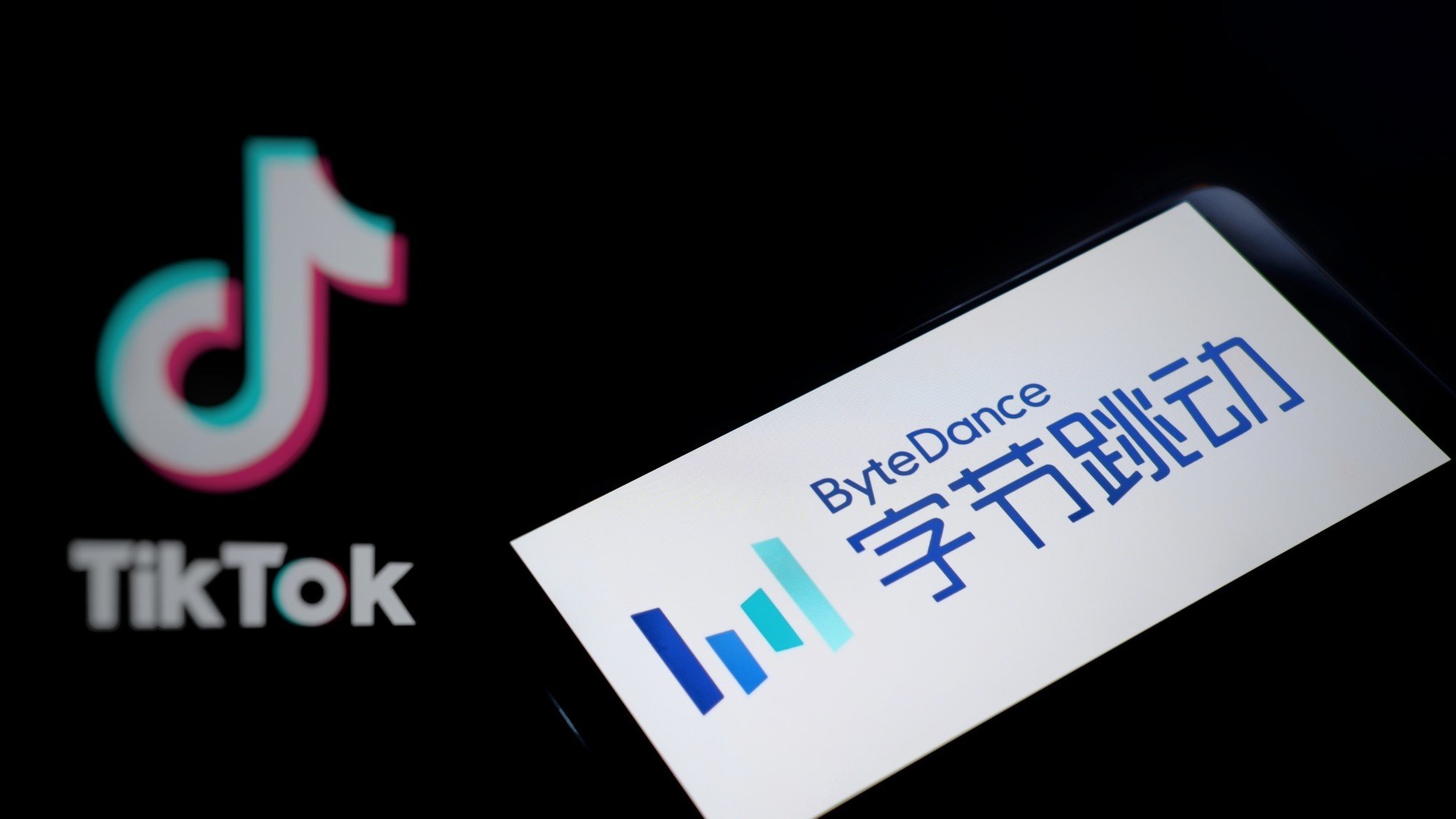
China-developed AI apps gain foothold in US by helping kids do their homework
- While AI-powered Chinese educational apps in the US market have largely escaped the scrutiny facing ByteDance’s TikTok, they still have challenges in monetisation
Chinese-developed education apps powered by generative artificial intelligence (AI) are making a splash in the US, as their creators seek out overseas markets to drive growth amid intensified competition at home.
Leading the charge are Question.AI, developed by Beijing-based educational technology start-up Zuoyebang, and ByteDance’s Gauth. Both generative AI-driven homework helpers, they were ranked among the top three free educational apps in the US on Apple’s iOS store and Google Play from February to May, according to mobile app intelligence service AppMagic.
Their success in the US market comes amid growing competition in China, where more than 200 large language models – the technology behind generative AI services like ChatGPT – have been developed for AI applications, half of which were approved by Chinese authorities for public release as of this March.
The No 1 free educational app in the US is Duolingo, the world’s largest language learning platform which has been operating for more than 13 years. Question.AI was launched mid last year while Gauth was rolled out in 2020 under the name Gauthmath, a maths problems solver, before a pivot last year to cover more subjects.
The apps, which are free for basic use but charge for additional functions, are tapping into the capabilities of generative AI to help US students study topics ranging from science, technology, engineering and maths, to economics, physics, chemistry and literature.
Users only need to take a photo of their maths or chemistry homework problem, and the apps will generate solutions accompanied by detailed step-by-step guides and explanations.

Gauth was ranked as the world’s second most popular educational app on iOS and Google Play platforms, while Question.AI was seventh, according to AppMagic.
More Chinese app developers are now targeting Western markets, including Checkmath, a maths problem solver developed by Yuanfudao, and Talkie AI from Shanghai-based AI start-up Minimax, meant to be an equivalent to US-based Character.ai, which lets users interact with virtual chat bot characters.
Talkie is currently ranked No 4 in entertainment apps on Google Play in the US, behind streaming video apps Tubi, Max and Netflix. Fifth place is taken by Disney+.
While AI-powered Chinese apps in the US market have largely escaped the scrutiny confronting TikTok, which faces a ban unless parent ByteDance divests the US operations, they still face monetisation challenges.
AppMagic data shows that neither Gauth or Question.AI made it into the top 10 grossing apps, which is ranked by revenue, over the last four months.

